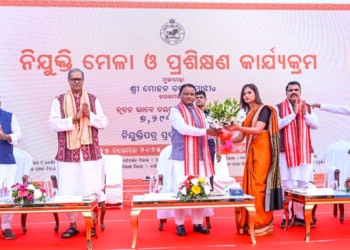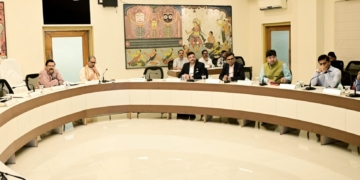In a significant move aimed at reviewing the salary structure and benefits for Central Government employees, the Union Cabinet, under the leadership of Prime Minister Narendra Modi, has approved the Terms of Reference (ToR) for the 8th Central Pay Commission.
This development marks a step forward in addressing the evolving needs of public sector workers amid changing economic landscapes.
The 8th Central Pay Commission will function as a temporary body, consisting of a Chairperson, one Part-time Member, and one Member-Secretary. Tasked with delivering its recommendations within 18 months from the date of its constitution, the Commission has the flexibility to submit interim reports on specific matters as they are finalised. This streamlined approach ensures timely insights into potential adjustments.
While formulating its recommendations, the Commission will prioritise several critical factors. These include the prevailing economic conditions in India and the imperative for fiscal prudence. Emphasis will also be placed on securing sufficient resources for developmental expenditures and welfare initiatives. Additionally, the body will account for the unfunded costs associated with non-contributory pension schemes, the potential financial implications for State Governments—which often adapt these recommendations with modifications—and a comparative analysis of emolument structures, benefits, and working conditions in Central Public Sector Undertakings (CPSUs) and the private sector.
This approval comes against the backdrop of the government’s longstanding practice of establishing Central Pay Commissions every decade to evaluate emoluments, retirement benefits, and service conditions for Central Government employees. Historically, these commissions’ suggestions are implemented after a 10-year interval, with the 8th CPC’s recommendations anticipated to take effect from January 1, 2026. The formation of this Commission was initially announced by the government in January 2025, signalling a proactive stance on employee welfare.
The establishment of the 8th CPC is expected to impact millions of Central Government employees, potentially influencing salary revisions, pension reforms, and overall compensation packages.
As India navigates post-pandemic recovery and inflationary pressures, the Commission’s focus on fiscal responsibility could shape balanced outcomes that support both employee interests and national economic stability.




























